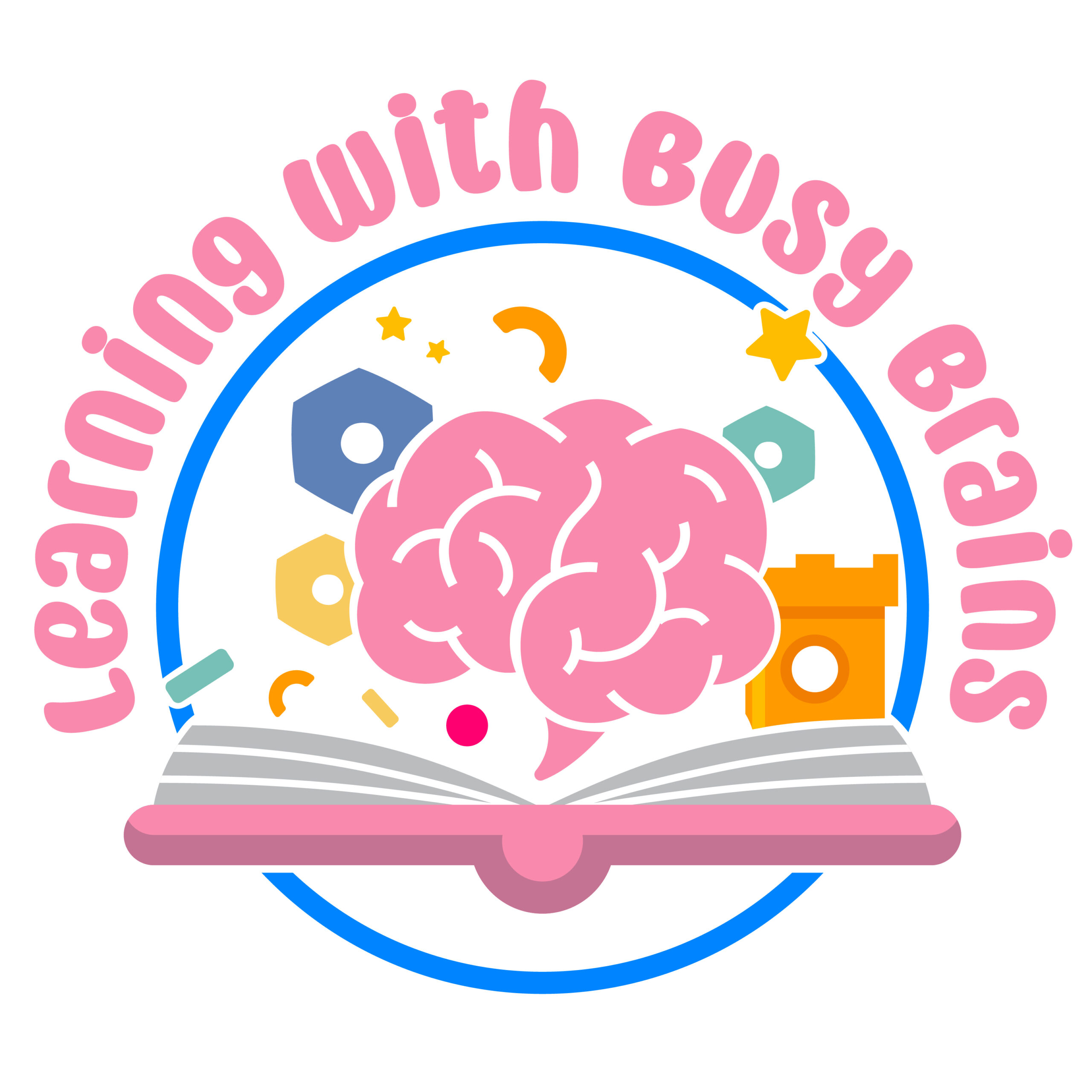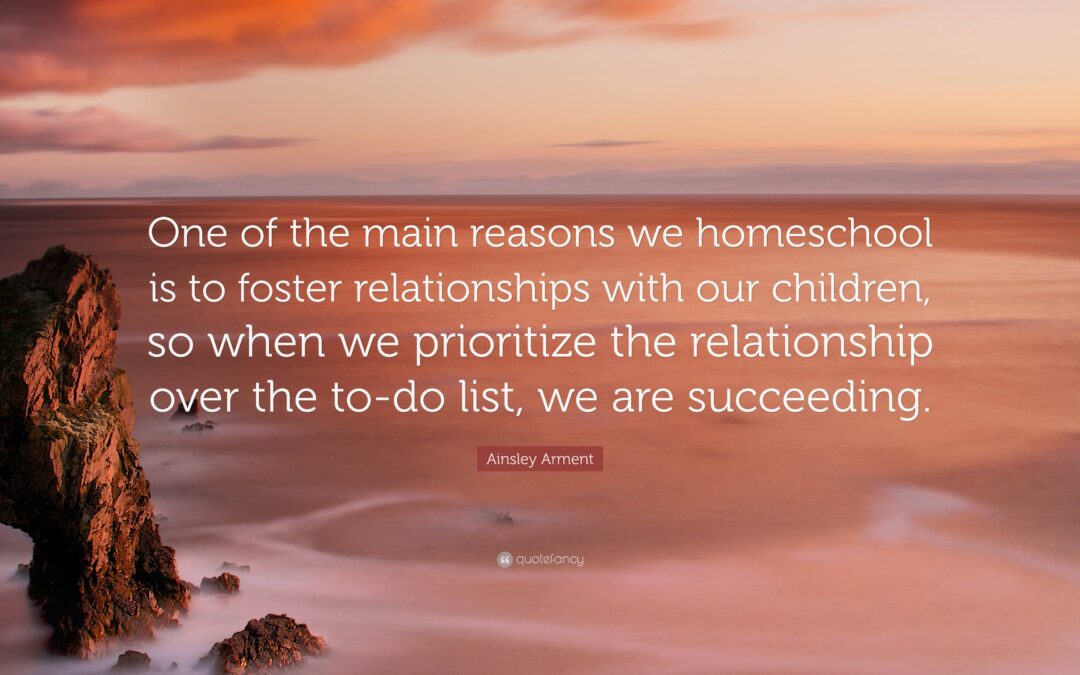Before I grasped the concept of deschooling, my mind was filled with confusion and rigidity. Deschooling is a transformative process that can significantly impact how we approach education, especially for those transitioning from traditional schooling. For me, this journey has been crucial in moving away from rigid educational structures and towards a more peaceful, adaptable mindset: one that prioritizes essential skills while embracing the unique needs of my daughters.
Understanding Deschooling
Deschooling allows families to unlearn ingrained beliefs about education, paving the way for a more organic, varied learning experience. While my daughters have never attended a traditional school, I grappled with the remnants of my own educational background, which often felt stressful and constraining. I frequently found myself procrastinating, my mind racing with thoughts about how to replicate the structure of traditional schools while managing everything on my own. The rigid frameworks of a traditional school setting weighed heavily on me, and memories of my primary school timetable and the expectations set by teachers loomed large, creating additional pressure.
This year marked a turning point in my journey. I learned to let go of traditional expectations and embrace the idea that learning can happen in a more fluid, relaxed manner. This shift has been instrumental in creating an environment where my daughters can thrive without the pressures associated with conventional schooling.
The Importance of Essential Skills
Fostering foundational skills like reading, writing, and math is crucial for my daughters’ education. These skills serve as the building blocks for future learning, enabling them to navigate various subjects and real-world situations. However, the key is to teach these skills in a way that feels natural and unforced.
Embracing Peace of Mind
- Flexible Learning Environment: One of the greatest benefits of homeschooling is the ability to adapt our approach to fit my children’s unique needs. Unlike traditional schools, where schedules and curriculums can be overwhelming, homeschooling offers the freedom to explore subjects at our own pace. This flexibility allows us to prioritize essential skills—reading, writing, and math—without the burden of rigid timelines.
- Natural Learning Opportunities: Skills can be integrated into everyday life without formal lessons. If my daughters are passionate about a particular topic, we can build learning experiences around that interest. For instance, storytelling can enhance their writing skills, while cooking can incorporate math through measuring ingredients. This natural approach makes learning enjoyable and meaningful.
- Reducing Pressure: In a traditional setting, the pressure to keep up with peers can be daunting. By allowing my daughters to focus on mastery rather than speed, we can take the time needed to reinforce skills without the fear of falling behind. This reduces stress and fosters a sense of accomplishment.
- Making Learning Engaging: Even subjects that seem challenging, like math, can become interesting when approached creatively. By incorporating games, projects, and real-life applications, we can transform potentially dull topics into engaging experiences. This not only keeps my daughters motivated but also helps them develop a deeper understanding of the material.
The Impact of Deschooling on Our Family
Deschooling has allowed me to shift my mindset from one of rigidity to one of peace and adaptability. This transition has led to several positive outcomes for our family:
- Increased Engagement: With the pressure of formal schooling lifted, my daughters are more engaged and curious about their learning. They approach reading, writing, and math with enthusiasm rather than apprehension.
- Stronger Relationships: This journey has strengthened our family bonds. We share moments of discovery and exploration, creating a rich learning environment where we can all grow together.
- Deeper Understanding: By allowing my daughters to learn at their own pace, I’ve witnessed a deeper comprehension of the material. They can take the time they need to grasp concepts fully, leading to meaningful connections with what they learn.
Conclusion
Deschooling is not just a phase; it’s a mindset that can significantly enhance the homeschooling experience. It’s often the parent who needs to undergo the deschooling process to fully embrace the flexibility and freedom that homeschooling offers, as I have experienced in my own journey.
In contrast, families whose children have attended traditional school must engage in deschooling together: both parents and children. While I can’t offer guidance on that, since I never had to deschool my girls, I believe other homeschoolers may have valuable insights on the process.
By prioritizing essential skills and embracing peace of mind, I’ve created an environment where my daughters can learn without the burdens of traditional education. This approach fosters a love for learning that will serve them well in all subjects, even those that may seem tedious at first. Through patience, understanding, and creativity, we can make education an enriching experience for our whole family, allowing us to thrive in our unique homeschooling journey.


